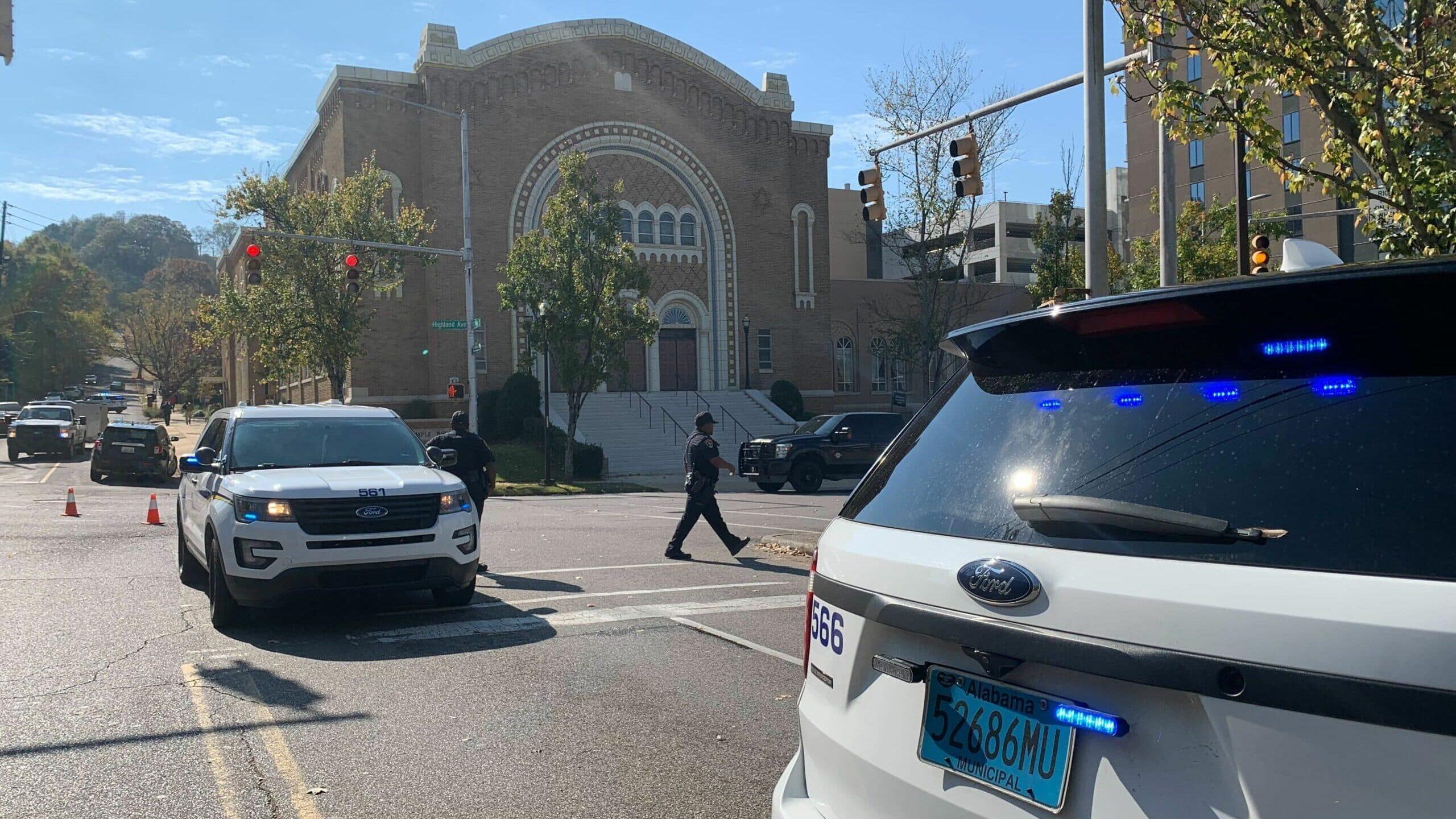Known as the Cade Noah Act, the Alabama law went into effect on Jan. 1. It says the state’s certified officers must complete an hour-long training every other year on working with people who have invisible disabilities. The law is named for its sponsor’s son, who has autism, reports said.
Advocates said such trainings have generated interest in the Gulf South, as autism incidence rates increase and encounters where officers hurt or killed someone with autism have made grim headlines. Salt Lake City, the Twin Cities’ suburbs and Los Angelesall have seen such cases recently.
“You can Google situations and it’ll come up all around the country, different stories of how it’s gone horribly wrong. And I watch these and most of it, it’s just because they haven’t been trained,” said Bill Cannata, Autism and Law Enforcement Education Coalition program coordinator for Massachusetts-based Lifeworks.
Cannata says the program he shepherds has worked with groups and partnerships to help train first responders in Louisiana, Mississippi and Alabama, as well as many other states. It saw its largest-ever audience, of more than 300 first responders, in Baton Rouge at a training about six years ago.
The Birmingham-area nonprofit KultureCity will administer the new training at no cost to law enforcement agencies in Alabama. Co-founder Julian Maha said the group first developed the training at the request of Salt Lake City officials, brought it back to Alabama and now has broadened its reach with the new requirement.
As in Alabama, lawmakers in the region’s other two legislatures have lately tried to integrate such trainings into statutes related to law-enforcement infrastructure, with varied results.
Act 137 of 2020 required Louisiana’s Department of Public Safety and Corrections to establish a law-enforcement training course for working with people with autism, “to ensure equitable treatment” and improve communication.
Bills aiming to require Mississippi’s public safety department to develop a new autism training have died in committee at least twice, according to legislative records. State Rep. Christopher Bell has introduced a similar bill in the Mississippi legislative session that began this month.
Dustin Chandler, a former police officer who works with self-advocates to give first-responder autism and disability training courses in Alabama and Louisiana, says police chiefs would tell him they didn’t have any people with autism in their district when he started doing the work in 2015. Now, things have changed quite a bit since then.
“Our training is really safety training. … It’s to make sure that one you as a first responder are safe, but also equally and making sure everybody on the scene is safe,” said Chandler, who is president and co-founder of the Alabama-based Interaction Advisory Group.




